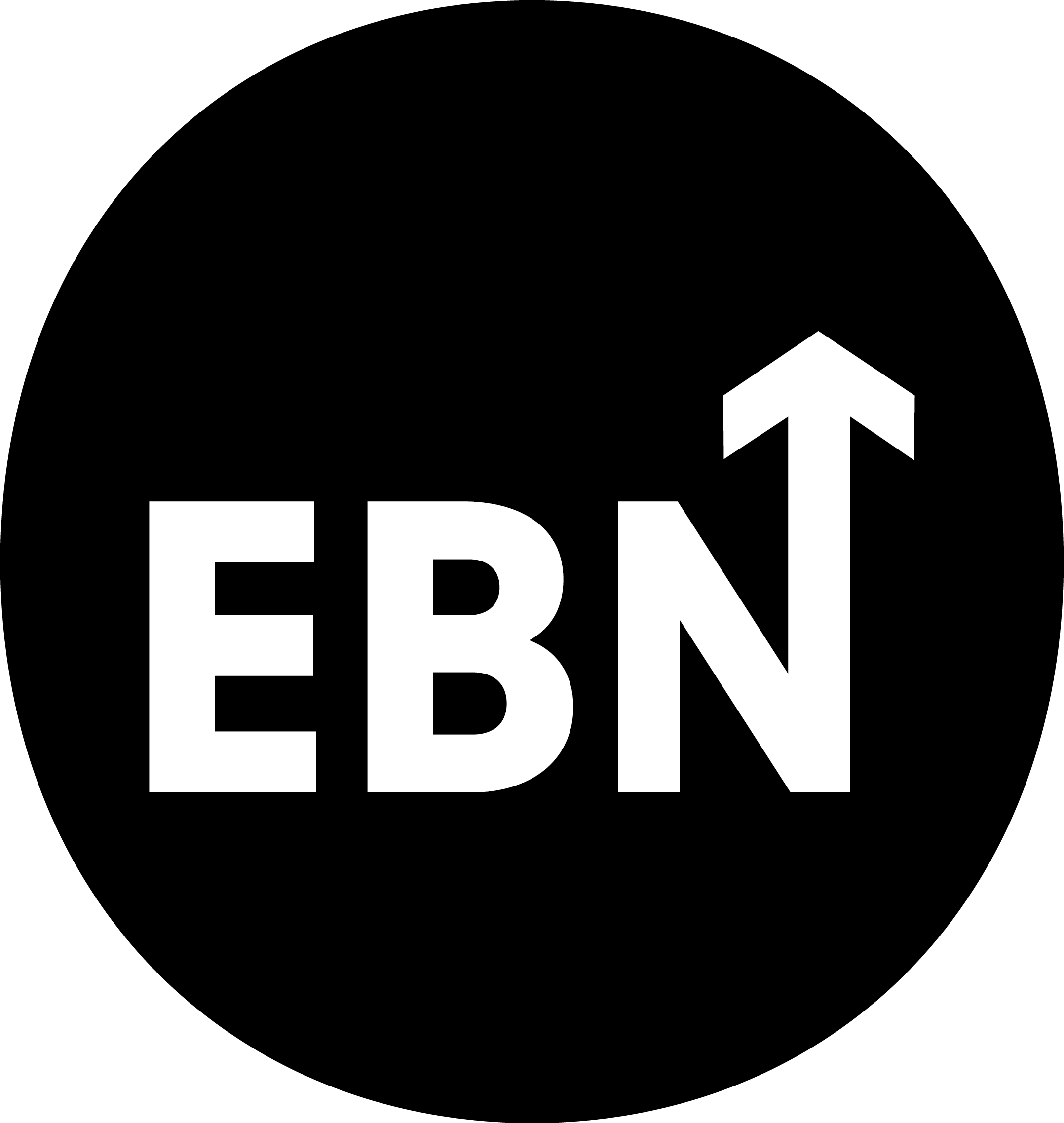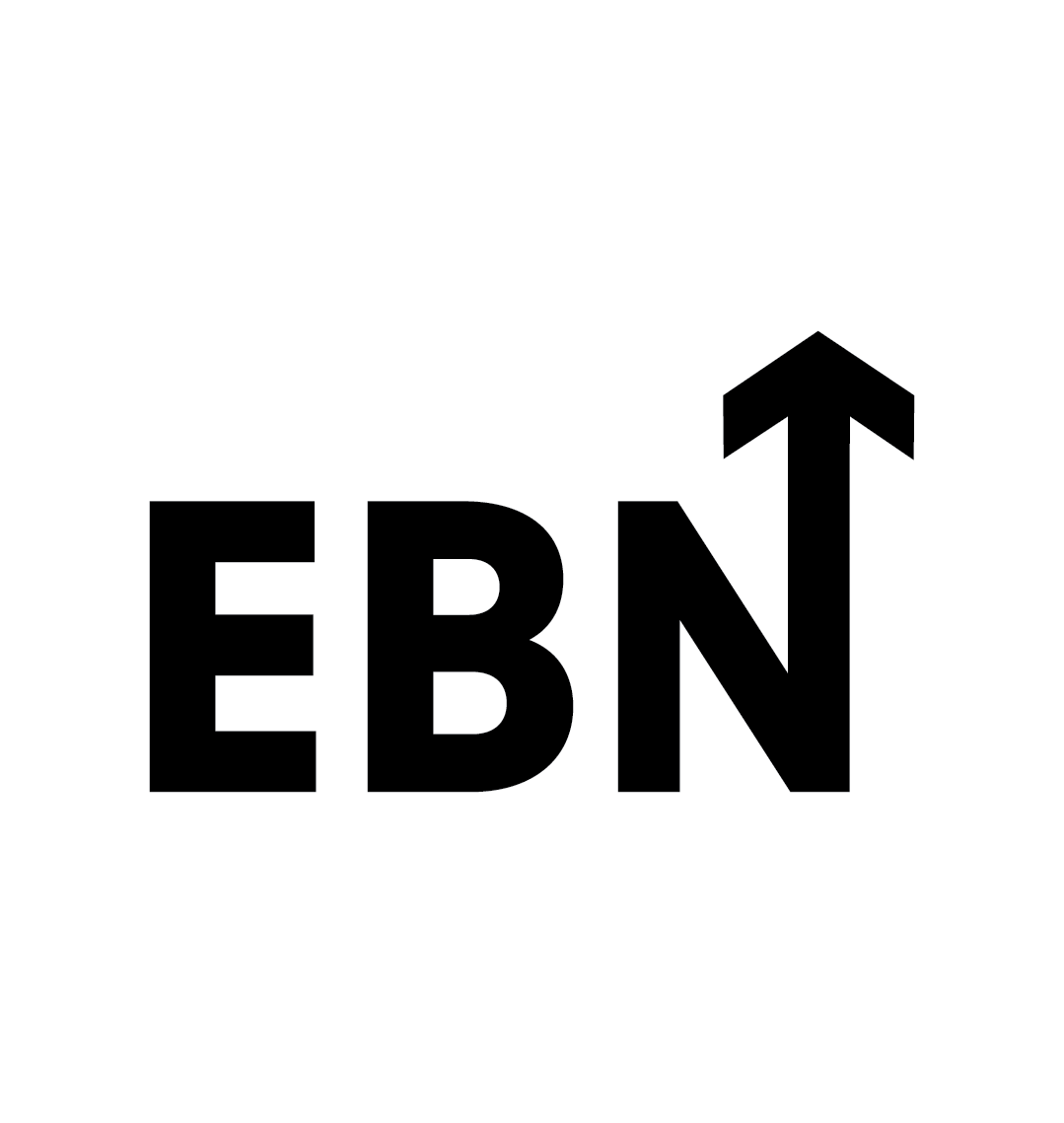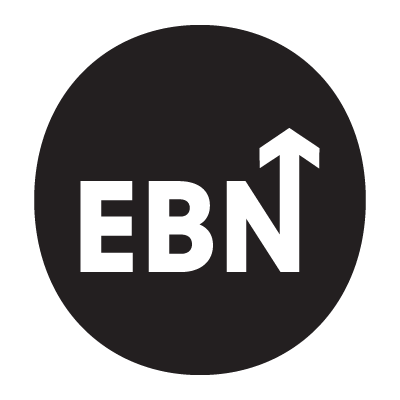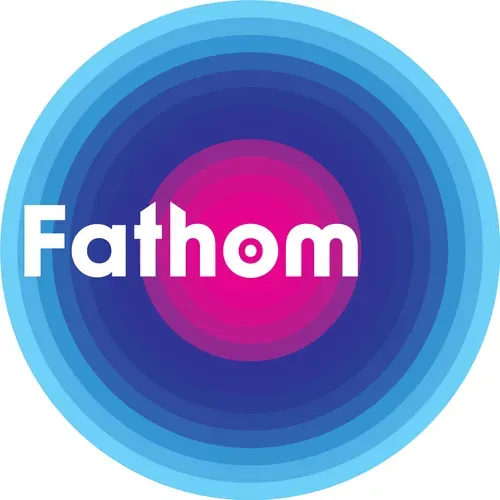In today’s fiercely competitive job market, standing out as an employer is crucial for attracting and retaining coveted talent. With the demand for top talent across multiple industries surging, just offering high salaries and attractive benefits alone is no longer enough. Talent wants some form of emotional connection to the employers that they are applying for - they want to know what it would be like to work there and if the employee experience would align with their personal goals. The real challenge now lies in distinguishing yourself as an employer of choice in the increasingly crowded market.
To succeed and maintain a competitive edge, employers must establish a strong and authentic employer brand that resonates with current employees and prospective talent. An employer brand assessment is a piece of talent market research and market analysis. It is a vital tool that provides a detailed understanding of the priorities of your top talent and how you are perceived as an employer - identifying areas for improvement, better equipping you to tackle gaps between you and your competitors and craft a compelling employer brand.
Momentum isn’t always progress, especially when you always end up back where you started.
Fathom helps you escape the loop. With insight, not intuition.
What is an Employer Brand Assessment?
An employer brand assessment dives deep into the perceptions and expectations of the talent you want to hire. Understanding the preferences and deal breakers of your future hires allow you to focus your resources more accurately as you tailor your recruitment and communication strategies to better appeal to them. An employer brand assessment also measures your current attractiveness against key competitors and see the associations your brand carries and how they align (or not) with your target talent. All these empower you with the necessary knowledge to direct your recruitment and branding efforts more efficiently, ensuring maximum impact.
At Fathom, we use a data-driven methodology to gather insights from relevant external talent and provide a holistic view of the employer brand, highlighting what you excel in and where you can improve, and giving actionable recommendations for next steps.
Importance of Employer Brand Assessments
Conducting an employer brand assessment is crucial for several reasons:
- Competitive Edge: Understanding how your brand compares to competitors helps you identify unique selling points and areas needing improvement.
- Talent Attraction: By aligning your brand with the values and preferences of top talent, you increase your chances of attracting the best candidates.
- Retention: A strong employer brand can enhance employee satisfaction and loyalty, reducing turnover rates.
How is it Done
An effective employer brand assessment involves a structured process, ideally having employers working hand-in-hand with an expert partner agency that has the required research experience and tools to ensure everything is done correctly. Here is a step-by-step overview to get the most out of your employer brand assessment.
Defining Your Objectives
Start by clearly defining the objectives of your employer brand assessment. What do you want to get out of it? What do you want to know? How can you measure it? Consider this from the perspective of your employer brand, identify key questions and set distinct measurable targets. Whether it is gauging external brand perception, aligning with talent preferences, assessing communication effectiveness, or beyond, having measurable goals is crucial to ensure trackability of your project outcome.

Fieldwork / Data Collection
This is the most critical part of an employer brand assessment — data is the foundation of the entire project, and having reliable data ensures that you and your stakeholders are able to have confidence in the findings. A good employer brand assessment begins before data collection, it starts with the careful crafting of the survey questionnaire or interview guide, depending on the mode of the research. Considerable thought goes into drafting these questions to ensure they align with the objectives and avoid leading the respondents.
A trusted partner brings the necessary resources and expertise to recruit proper respondents and conduct thorough fieldwork. The worse outcome would be to base your decisions on unreliable or fake data, often provided by unethical agencies or untrained freelancers, which can severely undermine the integrity of your employer brand strategies.
Analysing Findings
After completing the fieldwork process, the next step is analysing the findings and making sense of all the data collected. From the data, you can measure the current attractiveness of your brand, recognise associations with your employer brand, see how external perceptions align with talent preferences, and benchmark all these against key competitors. Benchmarking helps you understand where you stand in the competitive job market and how you can improve to be an employer of choice.
The analysis process involves identifying common themes and patterns, and segmenting the data according to different demographics. Such detailed analysis enables you to customise your strategies for different audiences, ensuring that your efforts are targeted and effective. By understanding these nuances, you can create more impactful employer branding strategies that resonate with various talent groups.
Helping HR, talent acquisition, employer branding, and company culture professionals find careers worth smiling about.
Implementation and Monitoring
Finally, you execute the action plan and continuously monitor progress. Implementation is crucial; it is where strategy turns into tangible outcomes. By putting your plan into action, you address the identified gaps and capitalise on your strengths to improve your employer brand.
Conducting your first employer brand assessment gives a valuable baseline for your employer brand. It is highly beneficial to conduct employer brand assessments regularly, ideally on a yearly basis, to measure and track the effectiveness of your initiatives. Given the volatile and ever-evolving nature of the talent market, regular reviews ensure that you stay updated with the latest trends and remain at the forefront of innovative ideas. This continuous evaluation empowers you with insights to adapt to market changes, sustain momentum, and maintain a competitive edge to attract and retain talent.
Enhance Your Strategy with Experts
While it is possible to conduct an employer brand assessment internally, partnering with experts ensure a more objective, data-driven, and structured approach. Experts bring specialized knowledge, experience, and tools to gather and analyse data effectively, providing you with deeper insights and more reliable benchmarks. They offer strategic recommendations based on industry best practices and help you implement the most effective initiatives. By collaborating with experts, you can ensure that your employer brand strategy is robust, adaptable, and positioned to meet the evolving demands of the talent market.
Common Challenges and Solutions
Conducting an employer brand assessment can present several challenges, but with the right approach, these can be effectively managed:
- Data Integrity: Ensuring the accuracy and reliability of collected data is paramount. Partnering with reputable agencies and using robust data collection methods can mitigate this risk.
- Respondent Recruitment: Recruiting a representative sample of respondents can be challenging. Using a mix of recruitment strategies, including online panels and social media outreach, can help reach a diverse talent pool.
- Analysis Accuracy: Thorough and accurate analysis is critical for actionable insights. Employing advanced analytical tools and techniques, along with expert interpretation, can enhance the accuracy of your findings.
Case Studies
Case studies of successful employer brand assessments can provide valuable insights and lessons learned. These real-world examples showcase best practices and innovative strategies that have yielded positive results.
Conclusion
A well-done employer brand assessment is vital for understanding where you stand and areas for improvement. Regular assessments help you stay competitive and aligned with market trends, while expert guidance can elevate the effectiveness of your strategies.
At Fathom, we possess the skills and expertise to guide you through this entire process - we can provide the strategic support and industry insights needed to enhance your employer branding efforts. With Fathom as your partner, you can trust that your employer brand is in capable hands, ensuring it remains strong, relevant, and impactful in today's competitive talent landscape.
Takeaways
What is the purpose of an employer brand assessment?
An employer brand assessment aims to understand how your company is perceived as an employer, identify areas for improvement, and align your brand with the expectations and preferences of top talent.
How often should employer brand assessments be conducted?
It is advisable to conduct employer brand assessments regularly, ideally on an annual basis, to track progress and adapt to changing market trends.
What are the key components of an employer brand assessment?
Key components include defining objectives, data collection, data analysis, benchmarking, and implementing actionable strategies based on findings.
Can we conduct an employer brand assessment internally?
While it is possible to conduct an assessment internally, partnering with experts ensures a more objective, comprehensive, and data-driven approach.
What are common challenges in employer brand assessments?
Common challenges include ensuring data integrity, recruiting representative respondents, and accurately analysing the data. These can be managed with the right strategies and expert support.
How can an employer brand assessment improve talent attraction and retention?
By aligning your employer brand with the values and preferences of top talent, you can attract more qualified candidates and enhance employee satisfaction and loyalty, reducing turnover rates.







